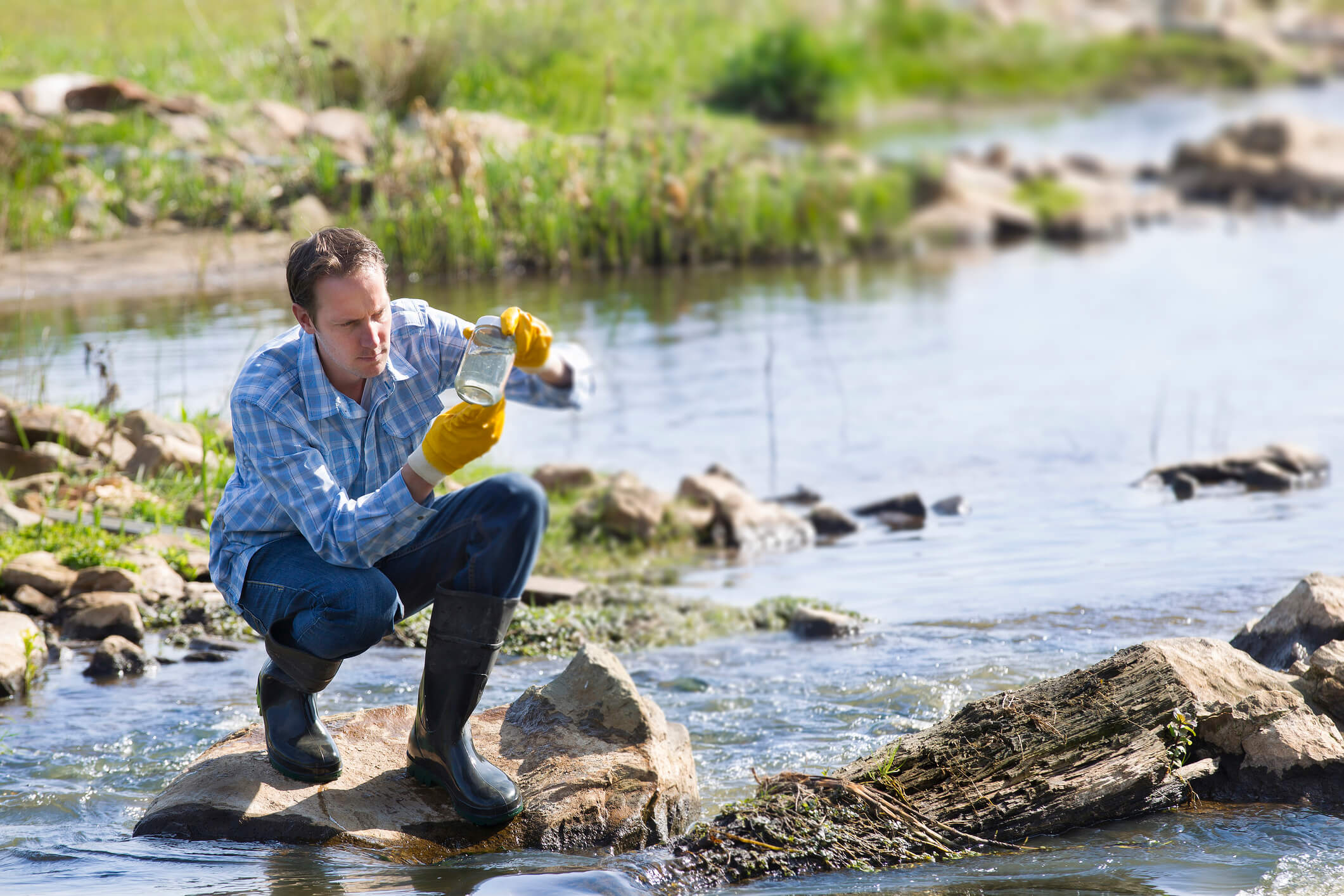Mathematical biology
Overall Course Objectives
The course is an introduction to mathematical modelling of biological systems. It will enable the student to evaluate, develop and apply simple dynamical population models.
Learning Objectives
- Present and discuss a mathematical model for an audience of peers.
- Program numerical solutions of ODEs occurring in mathematical biology
- Develop and discuss differential equation models occurring in mathematical biology.
- Use general arguments to assess the size and variability of fertility, mortality, and migration in real populations, and their importance in models.
- Assess characteristic levels and time scales in population dynamic models.
- Argue for choice of parameter values in a model applied in a specific biological context.
- Determine which model structure is appropriate to answer a given question related to, e.g., resource management, risk assessment, or evaluation of SDGs.
- Utilize population models to answer such questions.
Course Content
The course is an introduction to mathematical modelling of population dynamics of living organisms, from bacteria to whales. Focus is on conceptual models based on differential and difference equations that illustrate basic concepts in population modelling. An important goal is to develop the ability to connect a biological context to an abstract mathematical model, i.e., to develop an understanding of the biological assumptions underlying the model and the ecological consequences of its results.
The main topics are:
Single-species population models (logistic growth),
Multi-species models (competition and predator-prey relations),
Functional responses, Somatic growth modelling.
Exploitation of living systems,
Seasonal succession,
Epidemiological models, and
Spatial population dynamics.
Further basic concepts from evolutionary dynamics are introduced. Some emphasis is on the development and evaluation of the presentation skills of the students. In the last part of the course, the students develop their own projects, which will be evaluated by a poster session.
Recommended prerequisites
01035/01005, Basic knowledge of ordinary differential equations and linear algebra, corresponding to courses 01035/01005, or similar. Knowledge of MATLAB or Python programming. Students lacking those skills should follow 25328, which is the same course with added introduction to the required math and programming. No prior biological knowledge is required.
Teaching Method
Short lectures and longer numerical (computer) exercises. The results of the exercises are presented by the students and discussed in plenum.
Faculty
Remarks
This course provides students with competences relevant to evaluate UN SDGs, particularly #14 (Life below water




